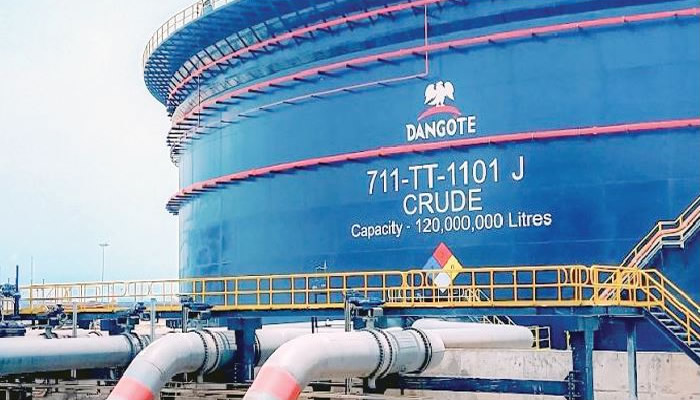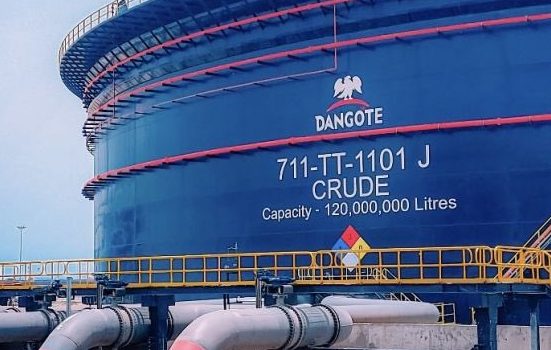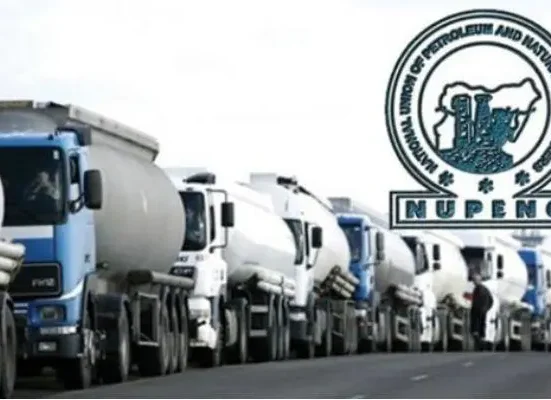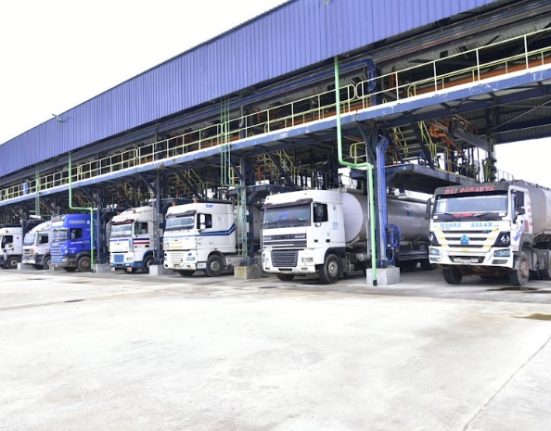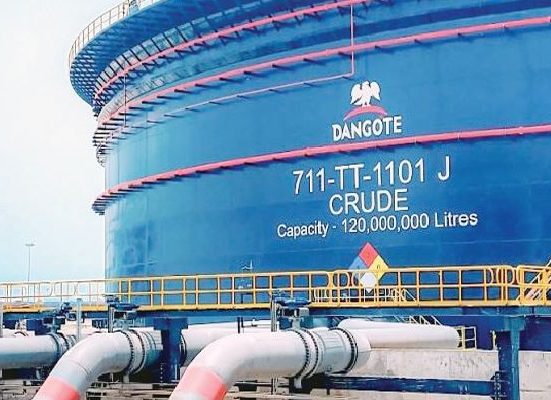In what industry watchers are describing as a welcome development for the downstream oil sector, Dangote Petroleum Refinery has officially announced a reduction in the gantry price of Premium Motor Spirit (PMS), also known as petrol, from ₦850 to ₦820 per litre. The new pricing structure takes effect from Monday, August 12, 2025.
This adjustment, confirmed by reliable sources within the refinery and monitored by KIIN360, comes as part of the company’s strategic pricing review aimed at improving supply efficiency and reducing cost pressures on marketers and end users. The gantry price refers to the rate at which petroleum marketers purchase fuel directly from the refinery’s loading bay before distribution across the country.
Industry analysts believe the ₦30 reduction per litre could translate into moderate relief for Nigerians if downstream retailers reflect the change at the pump. While the actual impact on retail prices depends on logistics, taxes, and margins added by marketers, the Dangote Refinery’s move signals an intention to support market stability amid fluctuating global oil prices and exchange rate volatility.
This is the second time in recent months that the Lagos-based refinery, which remains the largest single-train refinery in Africa, has reviewed its ex-depot prices. Sources close to the management say the refinery is closely monitoring domestic demand and macroeconomic indicators to ensure its pricing remains responsive to national realities.
The Dangote Refinery, a multi-billion-dollar facility with a capacity of 650,000 barrels per day, has been positioned as a game-changer in Nigeria’s long-troubled energy sector. With the country historically dependent on fuel imports despite being a major crude oil producer, the refinery’s operation is expected to reduce Nigeria’s reliance on imported refined products and ease pressure on foreign exchange reserves.
As of now, downstream operators and independent marketers have begun adjusting their supply logistics in line with the new pricing framework. Meanwhile, consumers are hopeful that this shift in ex-depot pricing will pave the way for a broader reduction in pump prices, even as regulatory oversight and market dynamics continue to shape final retail outcomes.

